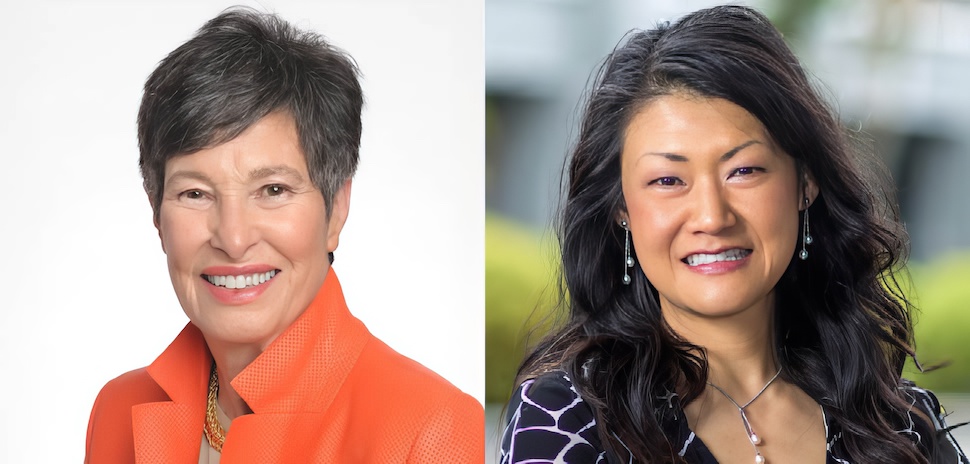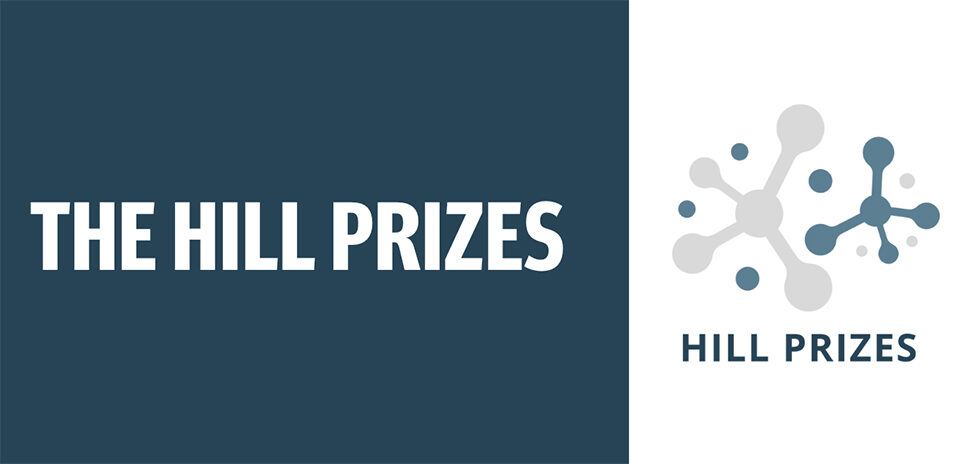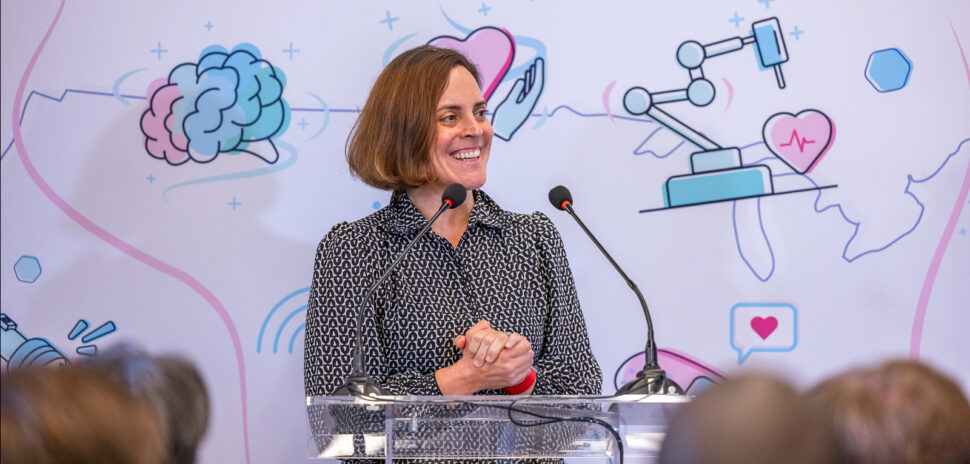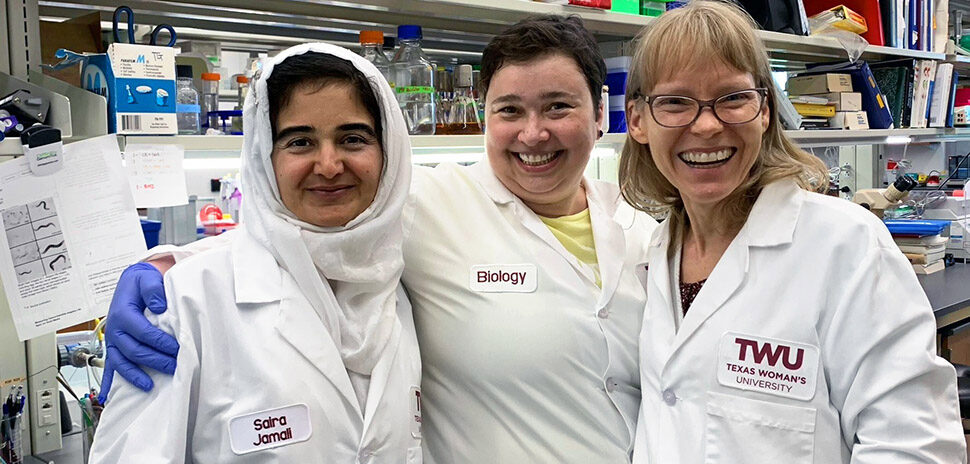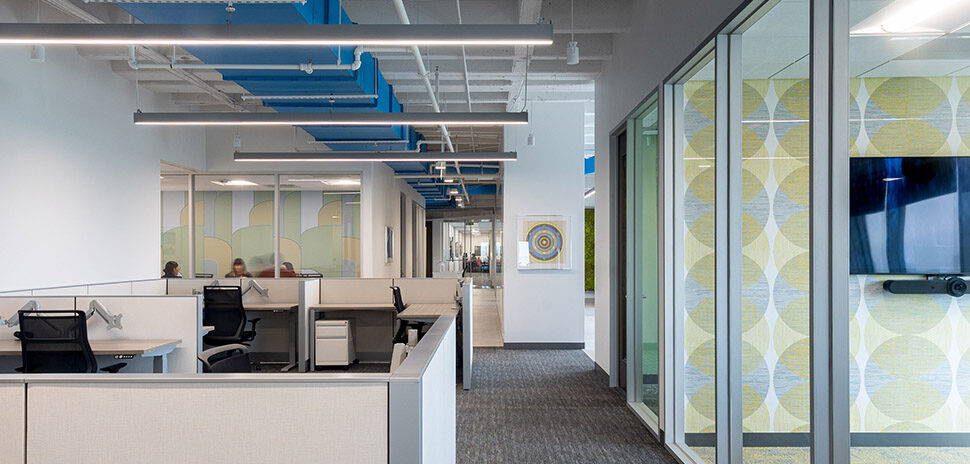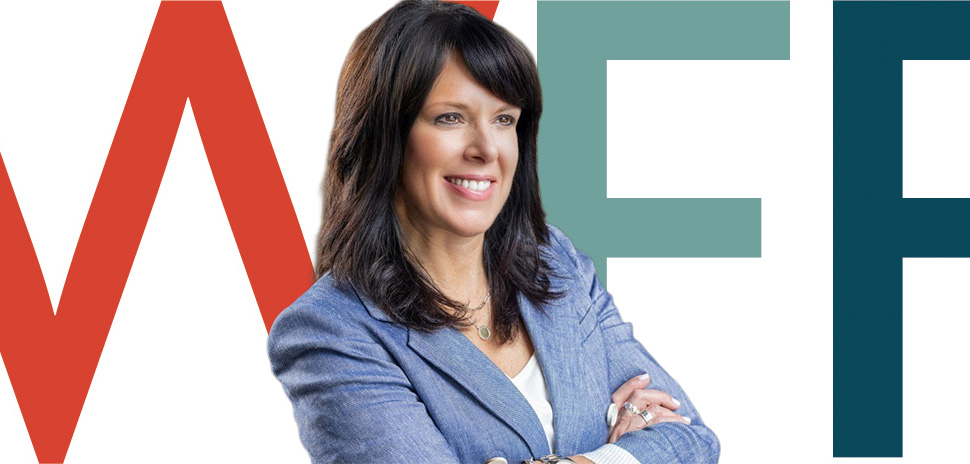Dallas-based Lyda Hill Philanthropies has made a $5.25 million gift to BrightEdge LLC, the American Cancer Society’s venture capital and impact investment arm. The donation will establish the ACS BrightEdge Texas Accelerator, a two-year pilot innovation acceleration program hub.
The gift, the largest to date for BrightEdge, will allow for the funding of translational research grants and early-stage equity investments in emerging oncology startup companies.
“We’re excited to launch this first-of-its-kind program with Lyda Hill Philanthropies,” said Alice Pomponio, VP of innovation and impact investing and managing director of BrightEdge. “This transformational gift establishes our first regional accelerator designed to bring innovative ideas to market faster. By leveraging vibrant cancer research funding across public and nonprofit sectors, we hope to deepen patient-centric impact and drive towards a future where discovery conquers cancer.”
The VC and impact investment organization recently launched its BrightEdge Entrepreneurs Program. And while that program and its new BrightEdge Texas Accelerator program are different, there is synergy in place, Dallas-based American Cancer Society said.
The BrightEdge Entrepreneurs Program focuses on training such as education, advisory, and mentorship to first-time entrepreneurs and providing catalytic capital to support their entrepreneurial journeys.
The BrightEdge Texas accelerator program helps to move exciting scientific projects with great impact potential forward—from research bench toward bedside—with critical funding for academic investigators via grants that is hard to source elsewhere (before a project spins out to a company) and catalytic seed funding for startups that will continue the development of such projects.
The synergy with the BrightEdge Entrepreneurs program includes the breadth of mentors/advisers and ecosystem partners, and it will continue to develop to help take high impact potential companies to the next level and prepare them to be ready for follow-on funding from BrightEdge and other high-quality investors and strategic partners.
The accelerator winners also will get access to the educational content created for the BrightEdge Entrepreneurs program.
Aiming for ‘transformational advances in science’
The American Cancer Society said the accelerator will address several key obstacles that hinder the advancement of impactful cancer breakthroughs: lack of early-stage capital, talent development, and mentorship.
The program will empower high-impact potential startups by providing milestone-driven, proof-of-concept grant funding that validates and de-risks technologies, and pre-seed investments in early-stage companies, the ACS said. It also will create a network of ACS-affiliated advisers and partners for deal-sourcing, due diligence, and portfolio company support.
“We’re committed to investing in organizations making game-changing and transformational advances in science,” Lyda Hill, entrepreneur and founder of Lyda Hill Philanthropies, said in a statement. “This gift represents not only our dedication to eradicating cancer but also our belief in the potential for sustainable, impactful solutions. Through strategic investments, we aim to catalyze innovations that will not only save lives today but also shape a healthier, more equitable world for generations to come.”
ACS said the first BrightEdge Accelerator will be strategically located in Texas, which is home to multiple top cancer research institutions and facilities, receives strong federal and state support, has an active investment and corporate community, and a robust pool of technical and business talent.
ACS has also granted $300 million to support Texas-based researchers, the organization said.
A model for future accelerators
The American Cancer Society said additional gap funding is needed to advance cancer-fighting technologies and bring these innovations to market. The accelerator program will fill this need and serve as a model for additional ACS accelerators in other areas, which will support cancer researchers from coast to coast in translating their discoveries into impactful solutions for patients.
ACS said this program is one way that BrightEdge, founded in 2019, works to catalyze market activity in areas of high impact and unmet needs while also creating a sustainable stream of alternative income for ACS.
BrightEdge invests in for-profit, early-stage companies developing cancer-focused therapeutics, diagnostics, devices, and technologies.
Along with traditional venture capital activities, BrightEdge intentionally selects investments that help to further ACS’s mission-driven priorities: causes of cancer, healthy lifestyle and prevention, screening and diagnosis, treatment, survivorship, and health equity.
BrightEdge is the society’s donor-funded innovation and impact investment arm that invests in for-profit companies developing therapeutics, diagnostics, medical devices, and technologies to support its mission to end cancer. It invests alongside top-tier life sciences and healthcare investors with a goal of generating financial returns and patient impact.
![]()
Get on the list.
Dallas Innovates, every day.
Sign up to keep your eye on what’s new and next in Dallas-Fort Worth, every day.

